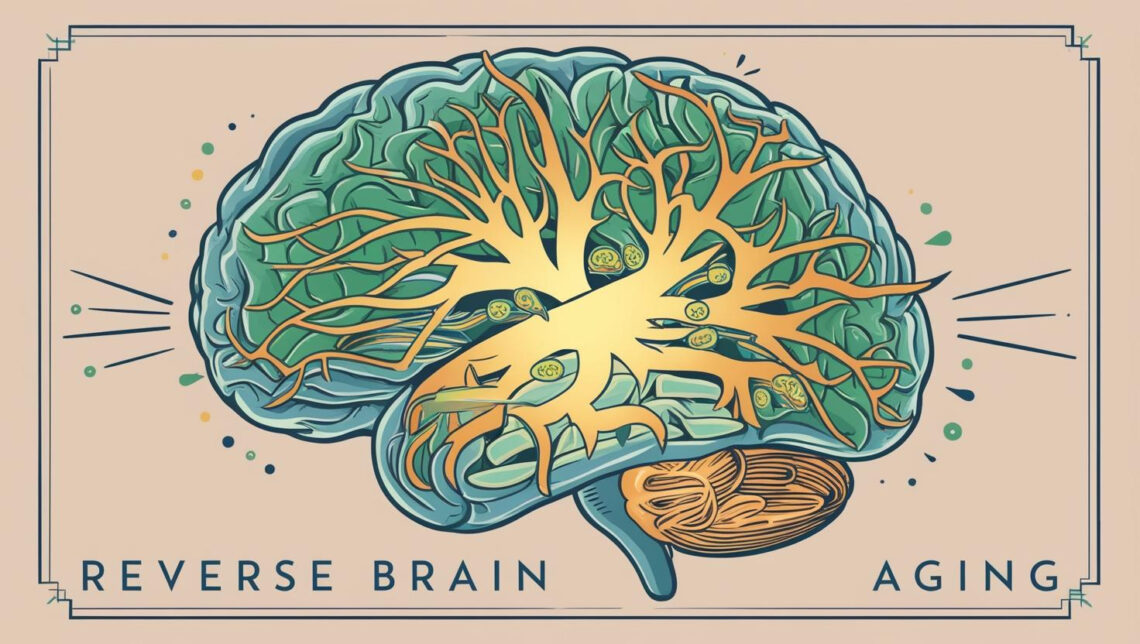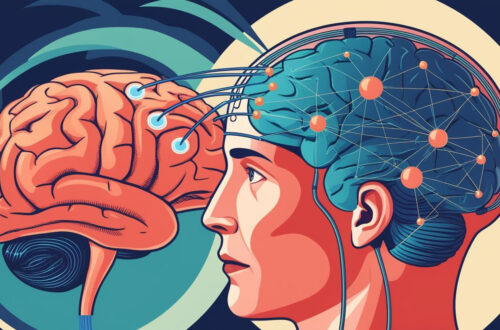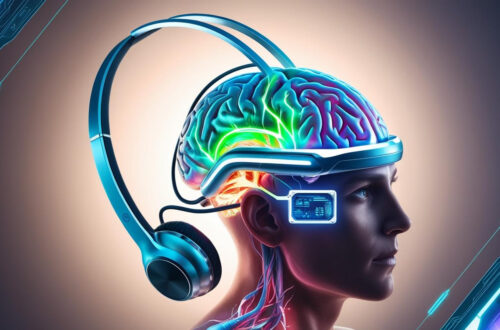The human brain undergoes changes as we age, including memory decline, slower cognitive processing, and structural shifts. However, research suggests that brain aging is not entirely irreversible. Through neuroplasticity—the brain’s ability to reorganize and form new connections—it may be possible to slow, halt, or even reverse some effects of aging. Advances in neuroscience, lifestyle interventions, and medical innovations are shedding light on how we can maintain cognitive function and brain health well into old age.
Understanding Neuroplasticity
Neuroplasticity refers to the brain’s ability to adapt by strengthening or forming new neural connections in response to learning, experience, and environmental changes. This process occurs throughout life but tends to slow with age. However, studies indicate that neuroplasticity can be stimulated at any stage of life through targeted activities and interventions.
1. How Neuroplasticity Works
- Synaptic Plasticity: Strengthening or weakening of synaptic connections based on usage.
- Neurogenesis: Formation of new neurons, particularly in the hippocampus, a region associated with memory.
- Cortical Reorganization: The brain’s ability to shift functions from damaged areas to healthy regions.
Factors That Influence Brain Aging
Brain aging is influenced by genetic and environmental factors. Some contributors to cognitive decline include:
- Chronic stress – Increases cortisol levels, negatively impacting memory and cognitive function.
- Inflammation – Chronic inflammation is linked to neurodegenerative conditions like Alzheimer’s.
- Lack of mental stimulation – Reduced intellectual engagement weakens neural networks.
- Poor diet and lifestyle – High sugar intake, sedentary behavior, and sleep deprivation accelerate brain aging.
Strategies to Enhance Neuroplasticity and Slow Brain Aging
1. Cognitive Stimulation
Engaging in mentally challenging activities strengthens neural connections. Effective cognitive exercises include:
- Learning new skills, such as playing an instrument or speaking a new language.
- Solving puzzles and engaging in problem-solving activities.
- Reading and engaging in discussions to stimulate critical thinking.
2. Physical Exercise and Brain Health
Regular physical activity promotes neurogenesis and improves brain function by increasing blood flow and oxygenation. Beneficial exercises include:
- Aerobic activities like running, swimming, and cycling.
- Strength training to improve overall metabolic health.
- Yoga and mindfulness practices that reduce stress and enhance cognitive flexibility.
3. Nutrition for Brain Longevity
A brain-healthy diet supports cognitive function and reduces inflammation. Key dietary components include:
- Omega-3 fatty acids – Found in fish, nuts, and seeds, these support neuron function.
- Antioxidants – Berries, leafy greens, and dark chocolate help fight oxidative stress.
- Healthy fats – Avocados and olive oil promote brain cell integrity.
4. Sleep and Brain Regeneration
Sleep is essential for memory consolidation and toxin removal. Strategies to enhance sleep quality include:
- Maintaining a consistent sleep schedule.
- Reducing screen time before bed to support melatonin production.
- Practicing relaxation techniques like meditation before sleep.
5. Stress Reduction and Mental Well-Being
Chronic stress damages brain cells and accelerates aging. Effective stress management techniques include:
- Mindfulness meditation – Strengthens neural pathways linked to emotional regulation.
- Social engagement – Meaningful connections help maintain cognitive function.
- Hobbies and relaxation activities – Creative activities stimulate neuroplasticity and reduce stress hormones.
Medical and Technological Advances in Reversing Brain Aging
1. Neurostimulation Therapies
Techniques such as transcranial magnetic stimulation (TMS) and deep brain stimulation (DBS) show promise in treating cognitive decline and neurodegenerative diseases.
2. Regenerative Medicine
Stem cell therapy and gene editing are emerging as potential solutions for reversing neural damage and enhancing cognitive function.
3. AI and Personalized Brain Health
Machine learning models analyze brain activity to predict cognitive decline and create personalized intervention plans for brain longevity.
While aging affects the brain, neuroplasticity provides a path for maintaining and even improving cognitive function. Through lifestyle modifications, cognitive training, and medical advancements, individuals can take active steps toward preserving brain health. Ongoing research into neuroplasticity and longevity offers hope for unlocking new ways to reverse brain aging and enhance cognitive resilience.




